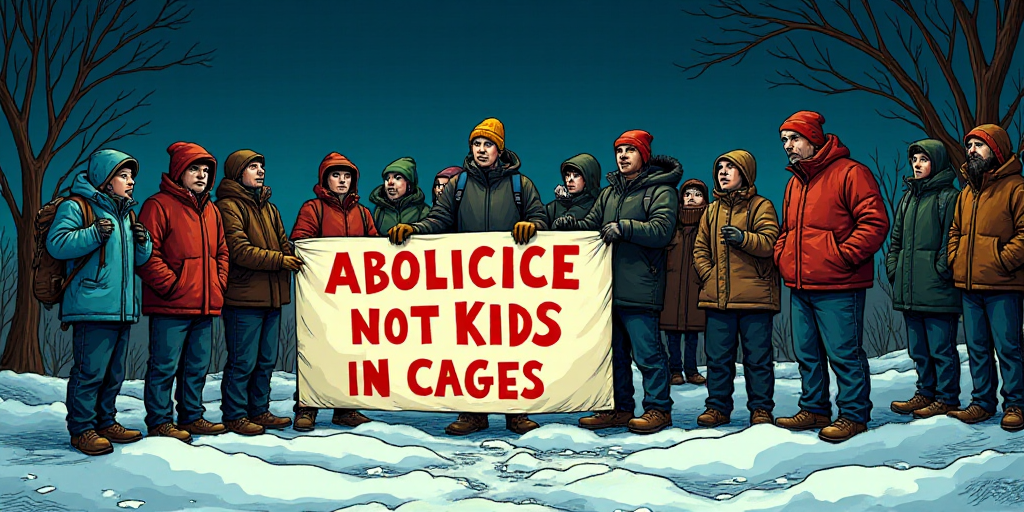Background on Key Figures and Relevance
The controversy surrounding the Trump administration’s decision to label certain U.S. cities as “war zones” has brought attention to the ongoing tensions between federal and local governments. At the heart of this issue are President Donald Trump, a Republican, and Governor Gavin Newsom, a Democrat from California. Both leaders hold significant influence over their respective jurisdictions and have taken opposing stances on the deployment of National Guard troops.
Governor Newsom, who leads the nation’s most populous state, has been vocal in his criticism of Trump’s approach. Meanwhile, President Trump has doubled down on his hardline stance, citing concerns over crime and immigration. This situation has sparked debates about the appropriate use of military force in domestic affairs and the balance of power between federal and state governments.
Trump’s Military Deployment in Chicago
Chicago labeled as a “war zone”
On Saturday, President Trump authorized the deployment of 300 National Guard troops in Chicago, a move opposed by local officials including Illinois Governor J.B. Pritzker, a Democrat.
Homeland Security Secretary Kristi Noem defended the decision, stating on Fox News that Chicago is “a war zone.” However, Governor Pritzker accused Republicans of attempting to create chaos during an appearance on CNN’s “State of the Union,” saying, “They want to create a war zone so they can send even more troops. They need to get out of here as soon as possible.”
A CBS poll released Sunday showed that 42% of Americans support deploying the National Guard in cities, while 58% oppose it.
Trump has shown no signs of backing down from his tough stance, even after referring to domestic unrest as an “insurrection” earlier in the week.
Public Opinion and Legal Challenges
The Trump administration’s campaign to involve the military in maintaining domestic security has faced obstacles, such as a federal court ruling in Portland, Oregon, deeming military deployment in the city illegal.
U.S. District Judge Karin Immergut issued a temporary restraining order against military deployment in Portland, arguing that “the President’s determination simply does not fit the facts.” She emphasized, “This is a nation of constitutional law, not martial law.”
Despite isolated attacks on federal agents and properties in Portland, the Trump administration has failed to demonstrate that these incidents are part of an organized attempt to overthrow the government, which would justify military intervention.
Stephen Miller, a key advisor to Trump, dismissed the judge’s order as an “illegal insurrection.”
Governor Newsom criticized Trump’s deployment of California National Guard in Oregon, vowing legal action. He stated, “Their deployment of California National Guard in Oregon has nothing to do with crime. It’s about power. They’re using our military as political pawns to build their egos.”
ICE Operations and Controversies
Immigration and Customs Enforcement (ICE) at the forefront
In addition to troop deployments, Trump’s offensive is being led by Immigration and Customs Enforcement (ICE), an agency rapidly expanding both in size and scope.
ICE raids across the country, particularly in Democrat-led cities, are often carried out by masked, armed groups traveling in unmarked vehicles.
On Saturday in Chicago, a federal agent shot at a driver who allegedly rammed an ICE patrol car while being armed, according to the Department of Homeland Security (DHS).
On September 12, ICE agents fatally shot Silverio Villegas González, a 38-year-old undocumented immigrant, during a traffic stop when he allegedly attempted to flee and struck an ICE patrol car with his vehicle.
Key Questions and Answers
- What is the controversy about? The Trump administration has declared certain U.S. cities, like Chicago, as “war zones” and deployed National Guard troops despite local opposition. Critics argue this is an overreach of federal power and an inappropriate use of military force in domestic affairs.
- Who are the key figures involved? President Donald Trump and Governor Gavin Newsom are central to this issue, with each holding contrasting views on the deployment of National Guard troops.
- What legal challenges exist? A federal court in Portland, Oregon, ruled that military deployment in the city was illegal. Meanwhile, Governor Newsom has threatened legal action against Trump’s deployment of California National Guard in Oregon.
- What is the role of ICE? Immigration and Customs Enforcement (ICE) is leading Trump’s offensive, which involves increased enforcement actions across the country. These operations have been met with controversy due to aggressive tactics and allegations of civil rights violations.






